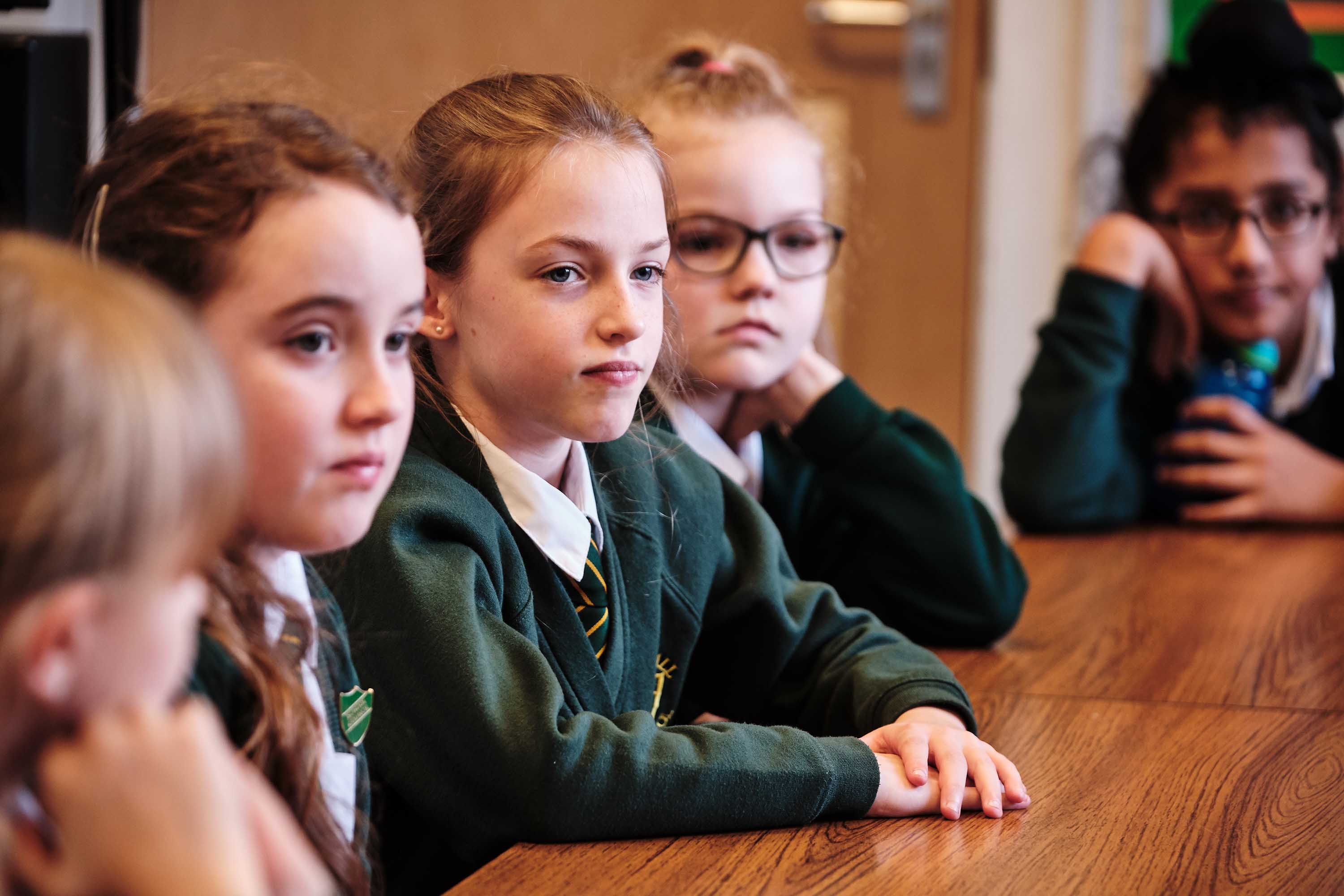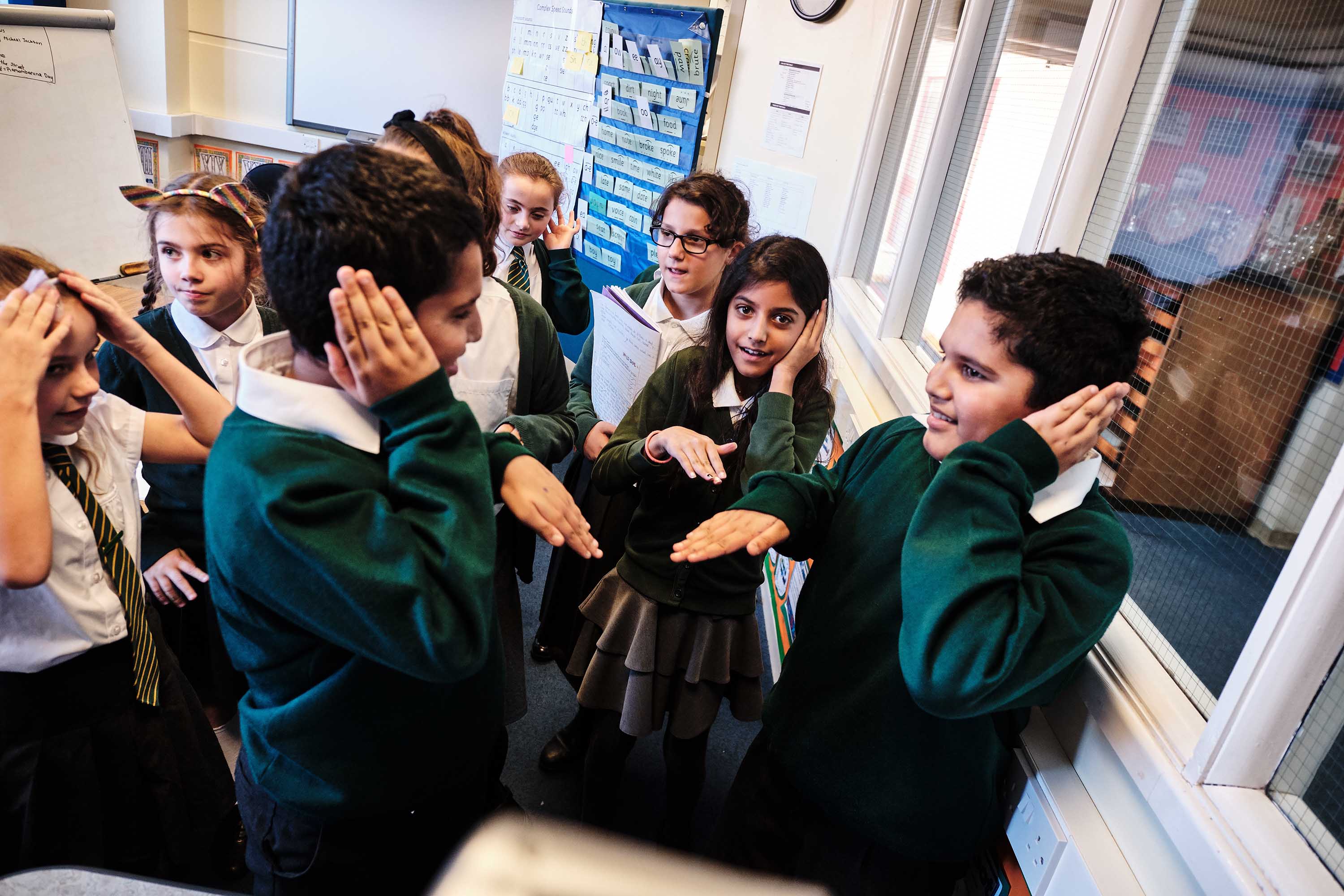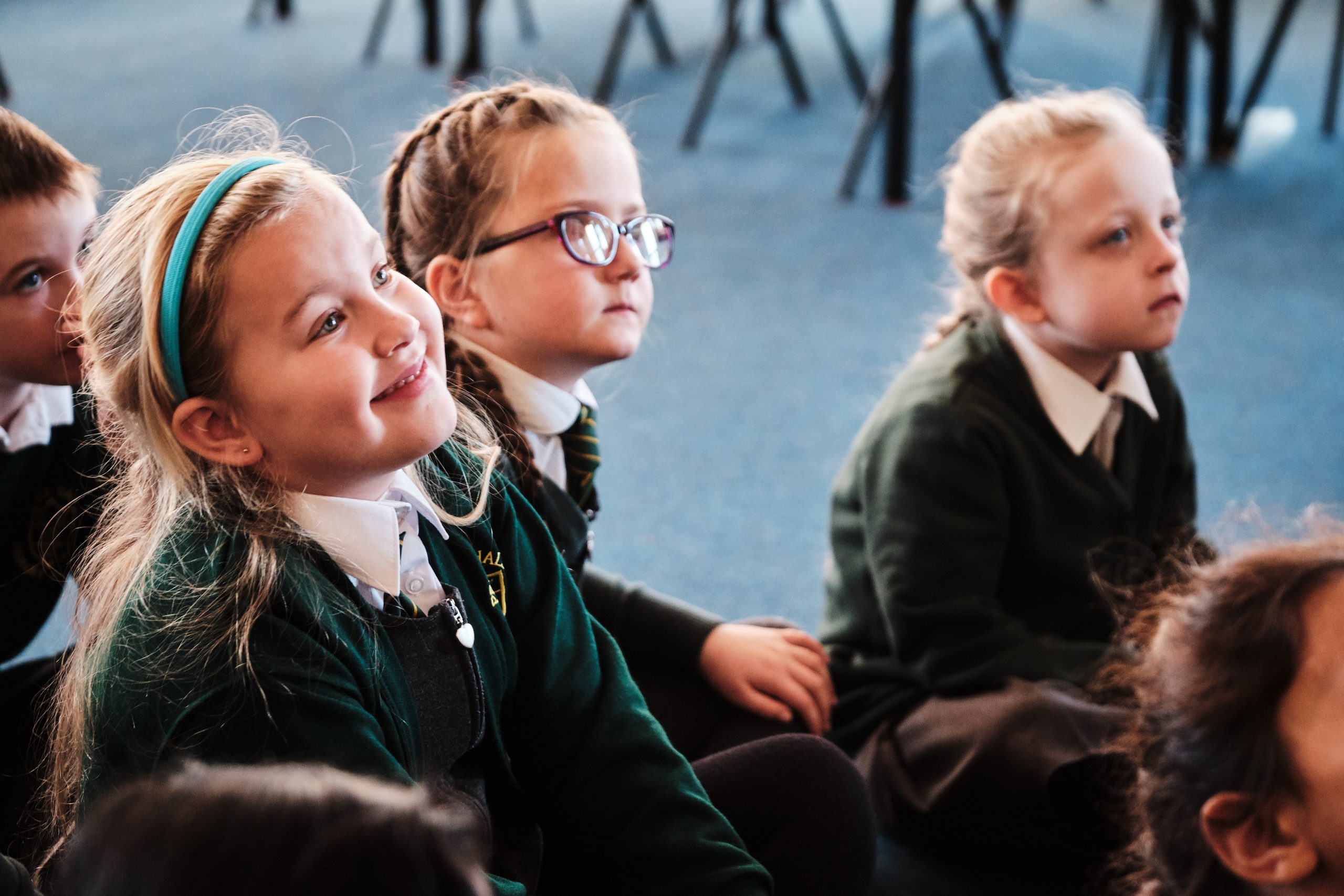RELIGIOUS EDUCATION
Subject Leader – MRS MIDDLEBROOK
Religious Education at Perry Hall
The aim of Religious Education at Perry Hall is for pupils to know about and understand a range of religions and worldviews.
We follow the Wolverhampton SACRE for Religious Education in Wolverhampton schools, which provides provoking challenging questions about human life, beliefs, communities and ideas. In our RE lessons, pupils learn from religions and worldviews about different ways of life in local, national and global contexts. They discover, explore and consider many different answers to questions about human identity, meaning and value. They learn to weigh up for themselves the value of wisdom from different communities, to disagree respectfully, to be reasonable in their responses to religions and worldviews and to respond by expressing insights into their own and others’ lives. They think rigorously, creatively, imaginatively and respectfully about their ideas in relation to religions and worldviews.
Parents/carers have the right to withdraw their children from religious education and/or collective worship. If you wish this for your child, please speak with your child’s class teacher(s).
————————————————————————————————-
By the time our pupils leave us, we aim for them to understand and respect the beliefs of a range of religions and world views. We hope for them to constructively question their own beliefs and ideals, developing them into respectful citizens of the world.



WHY IS RELIGIOUS EDUCATION IMPORTANT TO OUR CHILDREN?
Year 2 Child
We learn how to help other people and their beliefs.
Year 6 Child
We learn about the beliefs of others so that we can be respectful towards them.
Our subject leader
Click here for our subject leader biography.
RELIGIOUS EDUCATION in EYFS
This document demonstrates which statements from the 2021 Birth to 5 Matters are prerequisite skills for Music within the national curriculum. The table below outlines the most relevant statements taken from the Early Learning Goals in the EYFS statutory framework and the Birth to 5 Matters age ranges for Three and Four-Year-Olds and Reception to match the programme of study for history.
The most relevant statements for Music are taken from the following area of learning: Expressive Arts and Design
Twos provision
- Make connections between the features of their family and other families.
- Notice differences between people.
Nursery
- Develop their sense of responsibility and membership of a community.
Reception
- Think about the perspectives of others.
- Understand that some places are special to members of their community.
- Recognise that people have different beliefs and celebrate special times in different ways
End of Reception Early Learning Goals (ELG)
People, Culture and Communities
Know some similarities and differences between different religious and cultural communities in this country, drawing on their experiences and what has been read in class.
Cultural Capital opportunities in RELIGIOUS EDUCATION
EYFS
-
Stories from other cultures
-
Whole school collaboration on celebration key days (Diwali, Easter, Christmas etc))
Key Stage 1
-
Whole school collaboration on celebration key festivals/celebrations days (Diwali, Easter, Christmas)
-
Drawing on children’s beliefs and knowledge to share to with class
-
Use of religious artefacts to supplement learning
-
Focus on religious places of worship
-
Potential visits to religious places of worship
Key Stage 2
-
Whole school collaboration on celebration key festivals/celebrations days (Diwali, Easter, Christmas)
-
Drawing on children’s beliefs and knowledge to share to with class
-
Use of religious artefacts to supplement learning
-
Focus on religious places of worship
-
Potential visits to religious places of worship
